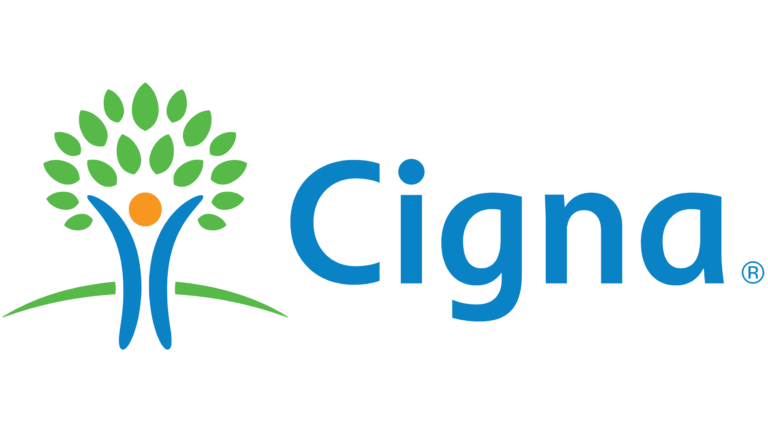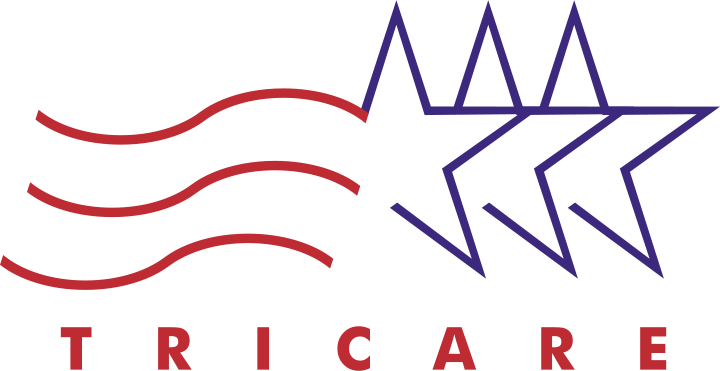South Carolina Gorski Relapse Prevention Therapy
Relapse is an inevitable risk if you or your loved one have a chronic health condition like addiction. It occurs gradually over time after you’ve reached a generally healthy state. While you can regain your recovery momentum after a relapse, it’s far preferable to avoid this common setback. That’s why public health experts and addiction specialists emphasize the short- and long-term goal of relapse prevention.
There are several different approaches to preventing relapses. While all of these approaches have the same goal, they use varying methods to reach it. One such method is the Gorski-CENAPS Model. This model combines a variety of relapse techniques into a single operating framework. Its goal is to minimize your relapse risks and reinforce your continued success in maintaining sobriety.
Looking for a provider of South Carolina Gorski relapse prevention? At Southern Sky Recovery, we understand the need to keep your sobriety strong in the face of life’s many pressures. That’s why we incorporate Gorski-CENAPS methods into our customized relapse prevention plans. Use of these methods provides you with another important tool for lasting substance recovery.
Southern Sky Recovery is a top-rated drug rehab in Bluffton. Contact our admissions team today to learn more about how we can help.

Relapse in Chronic Health Problems Like Addiction
A health problem is chronic when it has long-term effects on your daily well-being. You can keep these effects in check with vigilance and a well-considered plan. But what if your plan is faulty or your vigilance fails? In these circumstances, the chronic condition affecting you can once again crop up and cause you harm.
Addiction is one of America’s most widespread chronic health conditions. You can get it under control and learn how to keep it under control in a well-designed rehab program. But its core effects on your brain don’t entirely fade away. Given the chance, they will reassert themselves and gradually trigger a relapse back into drug or alcohol use.
How often do substance relapses occur? A comparison with other chronic conditions helps clarify your risks. Relapses occur in:
- Four to six out of every ten people who recover from active addiction
- Five to seven out of every ten people who get their high blood pressure under control
- Five to seven out of every ten people who get their asthma symptoms under control
Want to know more about relapses and the chronic impact of drug and alcohol addiction? Talk to the knowledgeable staff at Southern Sky Recovery today.
Dialectical Behavioral Therapy
Family Therapy Program
Cognitive Behavioral Therapy
Individual Therapy Program
The Basics of Relapse Prevention
Relapse prevention is a key secondary goal of drug and alcohol treatment. And once you reach stable sobriety, it becomes a primary goal. All effective plans for relapse prevention follow certain general principles. The first of these principles is understanding how relapses happen.
Many people who relapse get the impression that their return to substance abuse appeared out of nowhere. However, in reality, this is never the case. Addiction specialists understand that you relapse bit by bit in a process that includes:
- Unconscious changes in your emotional responses and behaviors
- The arrival of conscious thoughts that nudge you closer and closer to taking a drink or using a given drug
- Actual consumption of alcohol or drugs
The second principle of successful prevention is understanding the personal, evolving nature of ongoing recovery. You can grow in important ways as your recovery proceeds. However, personal growth can’t eliminate your relapse risks, no matter how long you stay sober.
The third prevention principle emphasizes the importance of therapy and stress reduction to your recovery. The fourth principle states that you can usually tell why someone has relapsed back into substance use. This is important since awareness of what happened can help you lower your future risks.
Have any questions about the basic principles of relapse prevention? Get the answers you need at Southern Sky Recovery.

We Work With Most Insurance
We are In-Network With:




Recovery is Waiting for You...
The team at Southern Sky Recovery is available to help you or your loved one in finding the best treatment options that work for your individual needs. Our program is rooted in a philosophy based on client-first care and personalized solutions. Call us today to start your journey to long-term healing.
Understanding Gorski Relapse Prevention Treatment
The Gorski-CENAPS model has its roots in work begun in the 1970s. It consists of nine principles designed to support your relapse prevention efforts:
- Learning how to self-regulate your thoughts, emotions, memories, behaviors, and judgments in everyday life
- Integrating your past experiences with drug or alcohol relapses into your conscious awareness
- Developing a better understanding of why relapses occur
- Learning more about your specific warning signs of a developing relapse
- Improving the coping skills needed to avoid relapsing
- Changing bad habits that can lead you closer to a relapse
- Gaining better awareness of the threats to your sobriety that you may encounter on a given day
- Getting family and friends involved in your relapse prevention efforts
- Seeking professional support to help maintain your sobriety
You can do specific things to make practical use of these principles. For example, you can learn more about your thoughts, emotions, and behaviors during therapy in your treatment program. You can integrate your past experiences by taking a personal history and outlining the struggles you’ve faced. You can improve your understanding of relapses by reading about them or taking part in psychoeducation while in treatment.
You can learn more about your relapse warning signs by listing them and identifying the situation where they crop up. Improvement of your coping skills comes from participation in treatments like cognitive-behavioral therapy (CBT). You can address your bad habits by taking care of yourself and staying involved in beneficial recovery activities.
How can you use South Carolina Gorski relapse prevention to gain awareness of threats to your sobriety? One approach is writing down the obstacles you expect to encounter throughout the day. At the end of the day, you can assess how you handled these obstacles.
Involvement of your significant others is important for all aspects of your recovery. That includes involvement in your relapse prevention efforts after you regain your sobriety. You can seek professional support by periodically checking in with your treatment team.
The principles of Gorski-CENAPS follow sound practices for anyone seeking to remain substance-free. That’s why we use them at Southern Sky Recovery. Want more details on these principles? Talk to us today.
Testimonials from Our Clients
Make Southern Sky Your Choice for South Carolina Gorski Relapse Prevention
Gorski-CENAPS relapse prevention provides you with multiple ways to lower your relapse risks. Each of the nine suggested actions works with the others to help you fortify your recovery efforts. The end result for many is an increased chance of avoiding a relapse following a return to sobriety.
Need a trusted source of South Carolina Gorski relapse prevention? Call on the expertise of Southern Sky Recovery. We’re not only dedicated to helping you get drug- and alcohol-free. We also focus on helping you stay that way. Our goal is to provide effective support no matter where you are in your sobriety journey. Want more information on how we include relapse prevention in our treatment plans? Just contact us today through the method most convenient for you.
Get in Touch Right Now
At our Savannah drug rehab, we know that every story of addiction is different. Let us help you write a new story, one free from addiction, that ends in recovery and a life of sobriety. Reach out now to get started.
Don't Let Addiction Win
Southern Sky Recovery is here to help. Our central location in Bluffton, SC allows us to service clients in the Lowcounty & Coastal Empire areas.
